
Criminal Justice & Legal Studies
This two-week program is designed to provide students a comparison and contrast between the Australian and Malaysian Criminal justice systems.
The comprehensive program is designed to give students a holistic view on the impact of customary law and immigration on heterogeneous cultures, and the increasing internationalization of both the incidence of crime and the administration of criminal justice.
The program itinerary includes industry visits to relevant government bodies, educational institutes, legal firms, and correctional facilities, and also talks with industry guest speakers – all experts in their field.
Students will meet with officials at the Malaysian Bar Council, observe legal proceedings at the Putrajaya Appeals Court, and also connect with different local NGOs for example Bersih! - which fights for clean elections and work to expose corruption in Government Ranks, SUARAM - which monitors and advocates the respect of human rights, and Sisters in Islam - which promotes the rights of women within the frameworks of Islam and universal human rights.
-
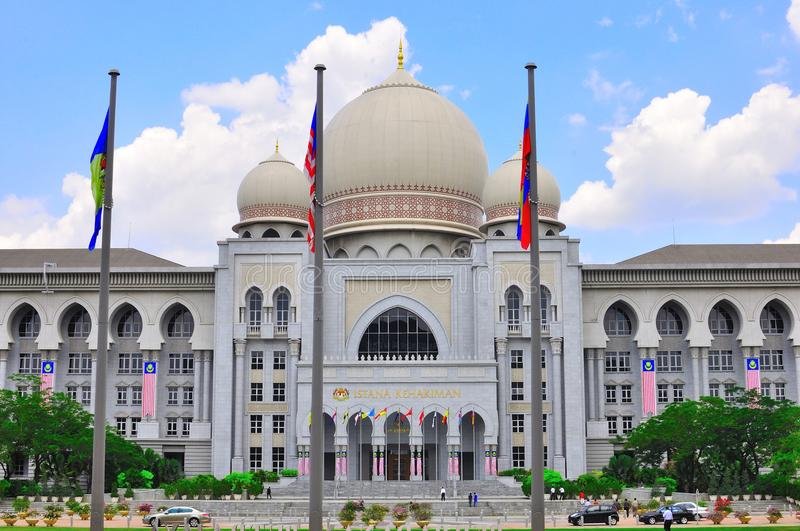
Palace of Justice
-
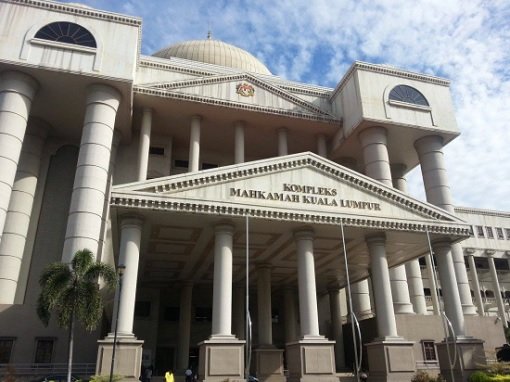
Kuala Lumpur Courts Complex
-
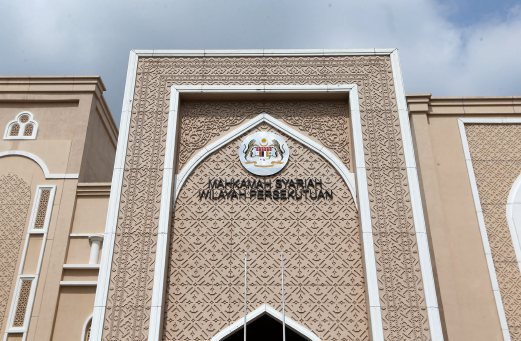
Sharia Courts
-

Bar Council
-
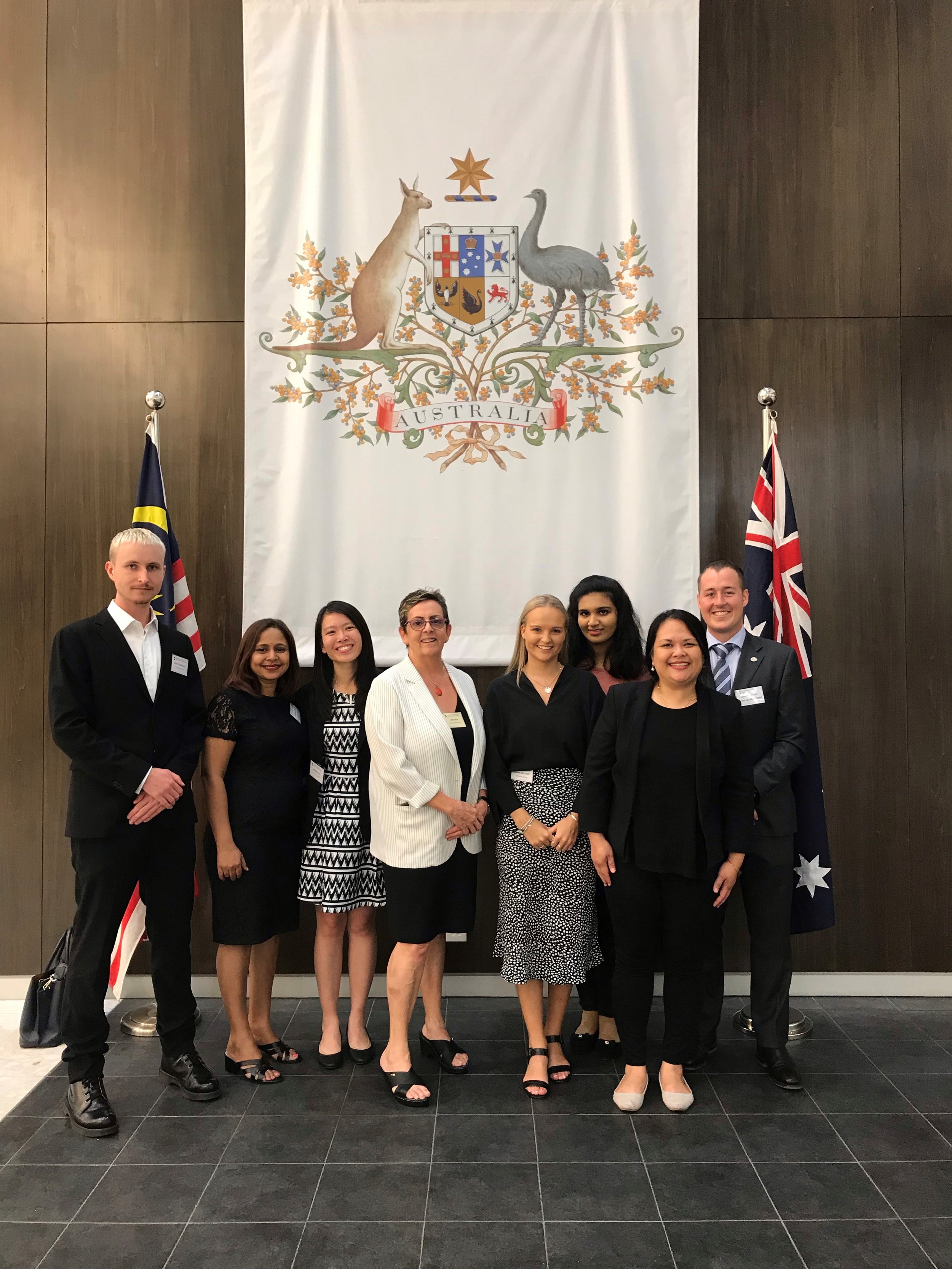
Australian High Commission
-
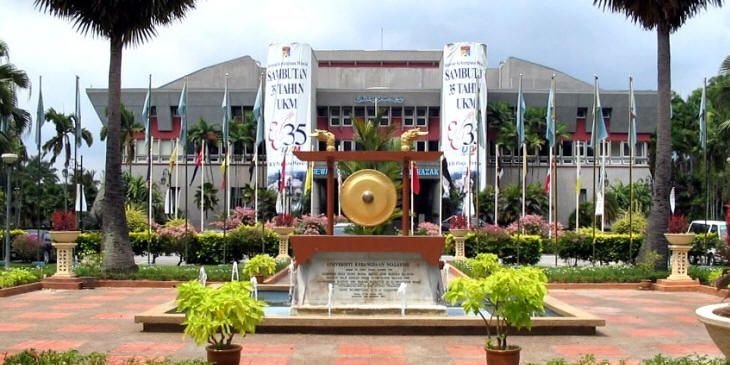
University Kebangsaan Malaysia
-

Various NGOs
-
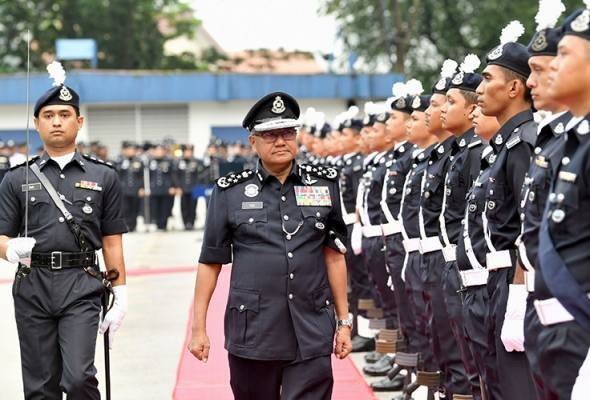
Royal Malaysian Police
The Criminal Justice System Of Malaysia
The legal system in Malaysia is based on a set of written and unwritten laws and interning can help aspiring lawyers understand how laws are implemented differently everywhere.
Among the written are: the Federal Constitution together with the constitutions of the 13 states comprising the Federation, legislations enacted by the Parliament and State Assemblies, and delegated or subsidiary legislation made by bodies under powers conferred on them by Acts of Parliament or State Assemblies.
The unwritten laws are comprised of the principles of English Common law adapted to local circumstances, case law and local customary law; Muslim law is also an important source of law applicable only to the Muslim population and administered by a separate system of courts.
